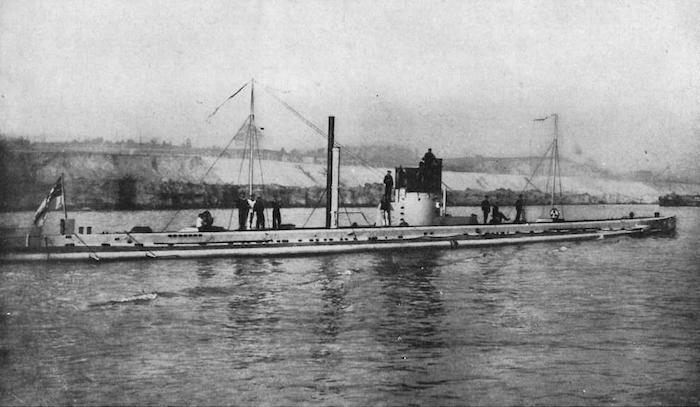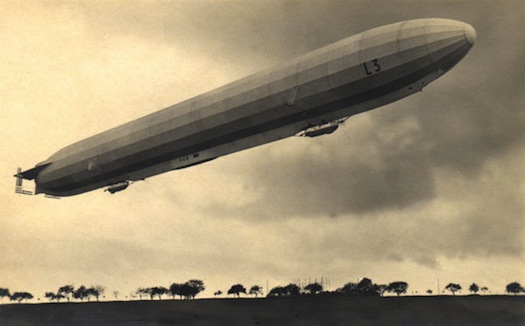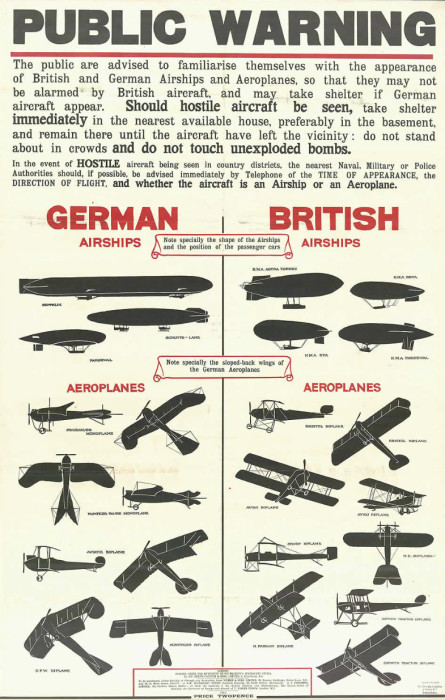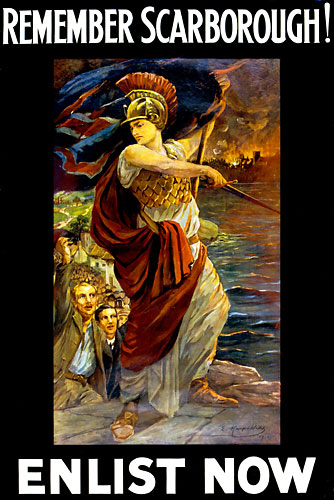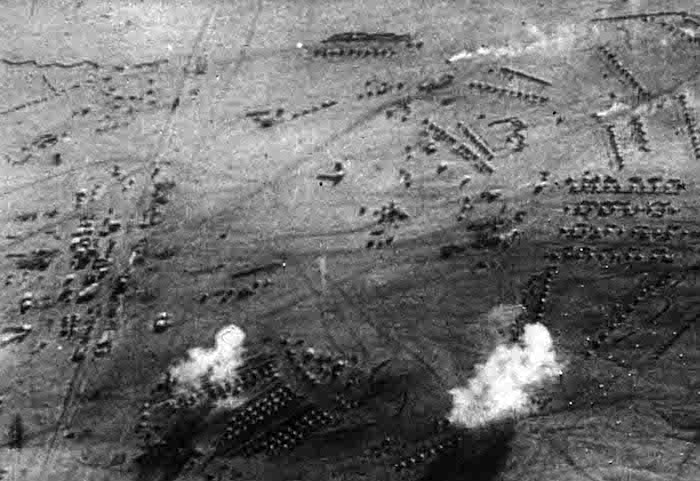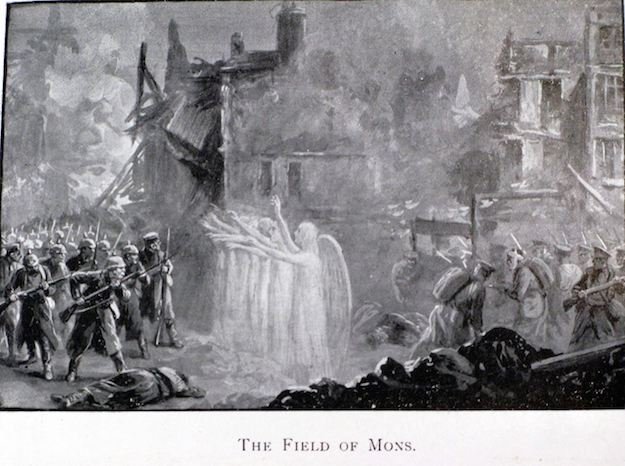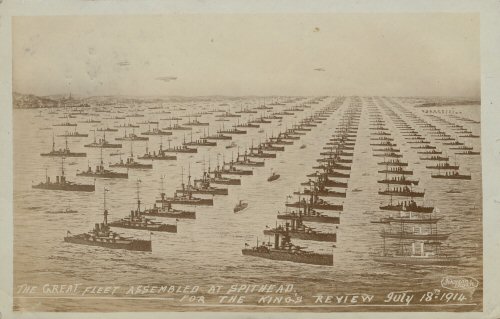Dresden plus 70
I’d forgotten that today was the 70th anniversary of the Dresden firestorm, but luckily the producers of Up All Night on BBC Radio 5 Live remembered. I spoke to presenter Dotun Adebayo and fellow historian Raymond Sun this afternoon (just before 5am Greenwich Mean Time), and for the next 29 days you can listen to […]


